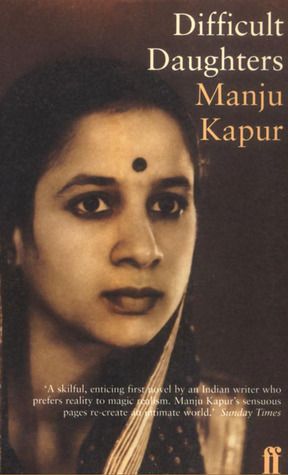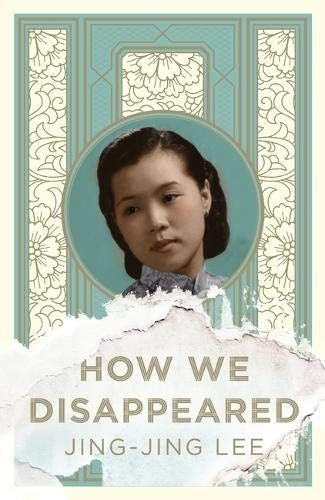In Love
Manju Kapur’s Difficult Daughters represents how intergenerational trauma impacted the lives of women in pre-independence India. We see fiercely intelligent women being held back by social expectations and cowardly men. Rising above domestic ambitions was not an easy feat. We see Virmati constantly getting torn between her desire for education and an illicit love for a married man who was unwilling to walk the talk. The man in question never got separated from his first wife and even though he was highly educated, the liberal education didn’t reflect much on his thought process. When Virmati got pregnant before marriage, she suffered on her own and was reluctant to seek help from her roommate. Living in a society where women were shamed not just for their bodies but also for existing, she couldn’t find anyone whom she could trust with her secret. Women’s pain is often thought of as a solitary experience that they are meant to endure and sail out of on their own, despite it being a global phenomenon.
In War
“A woman’s life is endless work and suffering. There is suffering and then more suffering. It’s better to expect it, you know. You’re becoming a woman now, so you should be told this.” This quote from Min Jin Lee’s extraordinary novel, Pachinko, sums up the lives of its female characters. Sunja submitted passively to her circumstances as being a woman she didn’t have much choice. Her decision to not spend her life as her lover Hansu’s mistress set forth the rest of the events of the novel. He never wanted to legitimize their relationship and expected Sunja to agree to his proposal so that he could have families both in Japan and Korea. Her memories of her parents’ marriage and her father’s adoration for little Sunja made her not settle for the disgraceful future she was being handed out. Throughout the novel, Sunja would become emblematic of strength as she wrestled with fate for the sake of her children, family, and herself. Lee portrays how even under the direst of circumstances women carry incredible resilience to respond to suffering with dignity and courage. In How We Disappeared, Jing-Jing Lee has given voice to native Singaporean women whose narratives have mostly been excluded from the popular discourse centered around World War 2. Through Wang Di’s life story, Lee depicts the agony women had to experience at the hands of the Japanese army. She was still a teenager when she was abducted and kept imprisoned for three years as a “comfort woman.” She was cut off from contact with the outside world and this harrowing living arrangement was specially curated to appease the whims of the men. She didn’t know whether she would ever be free again and even if the impossible happened she would forever be treated as a pariah by her family and community. This novel not only sheds light on the many injustices that have become the defining fabric of a woman’s life but also dignifies the experiences of the survivors of war and misogyny. While history treats its women as collateral damage, Asian literature humanizes them and takes their pain into consideration. They aren’t glorified for their lived experiences, nor are they vilified for their follies. Asian historical fiction allows them to simply exist as they are and considering the world we live in this has indeed become a privilege for the female of the species. If you want to explore more of Asian literature please check out Southeast Asian Women’s Fiction: 5 Short Reads.

